Boiling eggs is a difficult task, especially if the goal is to prevent the shells from cracking. It is an unpleasant moment when we're boiling eggs for Easter and find out after we have boiled them, that they are all cracked.
The disappointment can especially be seen in the eyes of children who are looking forward to the holiday. But in order to avoid such unforeseen situations, it is enough to follow a few steps.
1. Before we start describing how to boil eggs, let's talk about how not to boil them. Do not take the eggs out of the fridge just before boiling. If you do, they are guaranteed to break. Allow them to absorb the temperature in the room and only then proceed to cooking.
2. It is best if the eggs are not too fresh when you boil them, because then half of the egg white will remain on the shell. If you can boil eggs that are about 3 days old.

3. The next important question is when to put the eggs in the water. Some sources recommend that we do it after it has boiled, but most advise, that we should put the eggs in cold water and only then boil them.
4. Start arranging the eggs in the pot - choose a smaller one. They must be placed in a row, only at the bottom.
5. The water should be about a finger above the eggs.
6. Put 1 teaspoon of salt in the water while it is still cold. Some cooks also add a tablespoon of vinegar, so that the paint, which they later will be painted with, stays on better. This is in case you're boiling Easter eggs.
7. Put the water along with the eggs to boil. After boiling, some cooks reduce the heat, others keep it the same. Our suggestion is to reduce it if you have not boiled eggs before.
8. After they start to boil, time them depending on what kind of eggs you want to make - hard-boiled or soft-boiled. In addition, the time depends on the size of the eggs. In order to have runny yolk and hard egg white, boil the eggs for 5 minutes. One minute more (6 minutes) if you want the core of the yolk to be runny. For hard-boiled, the time is 8 minutes.
9. After the time is up, remove the eggs from the heat and place the pot and eggs under running water for about a minute.
10. Then place the eggs in a bowl of cold water to cool. The goal is to be able to hold them in your hand.
11. If you are preparing eggs for Easter, skip the cooling process, ie leave them in running water for a short time to stop the cooking process. However, eggs should not cool completely, because they will not be able to be painted well.
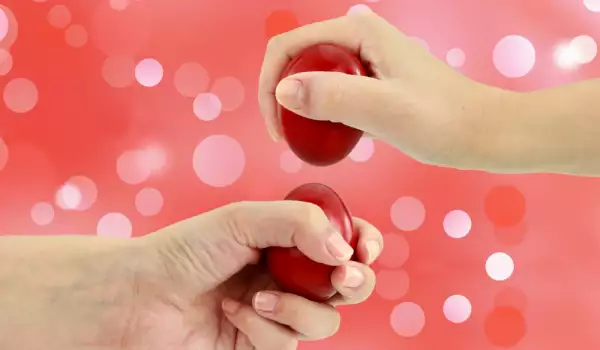
And one tip if you're cooking eggs for Easter and they're slightly cracked - in case the cracks are small and there's no egg white coming out, don't give up on the egg. When it cools slightly, the crack will be almost invisible and after painting it, it will not be visible at all.
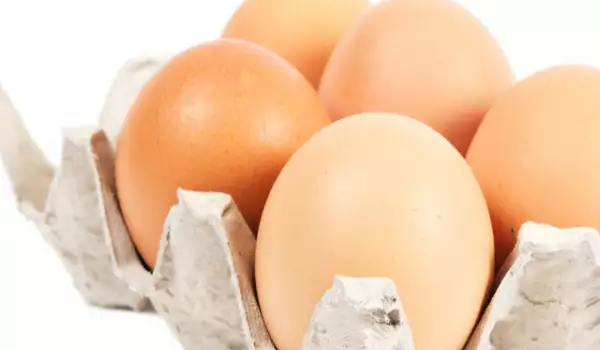


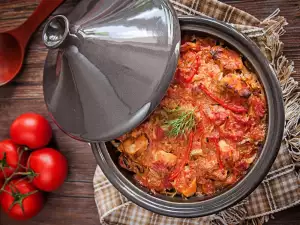
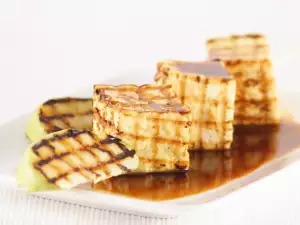







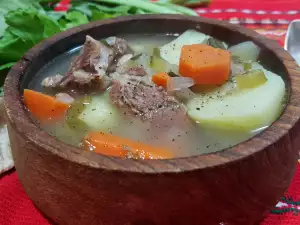







Comments